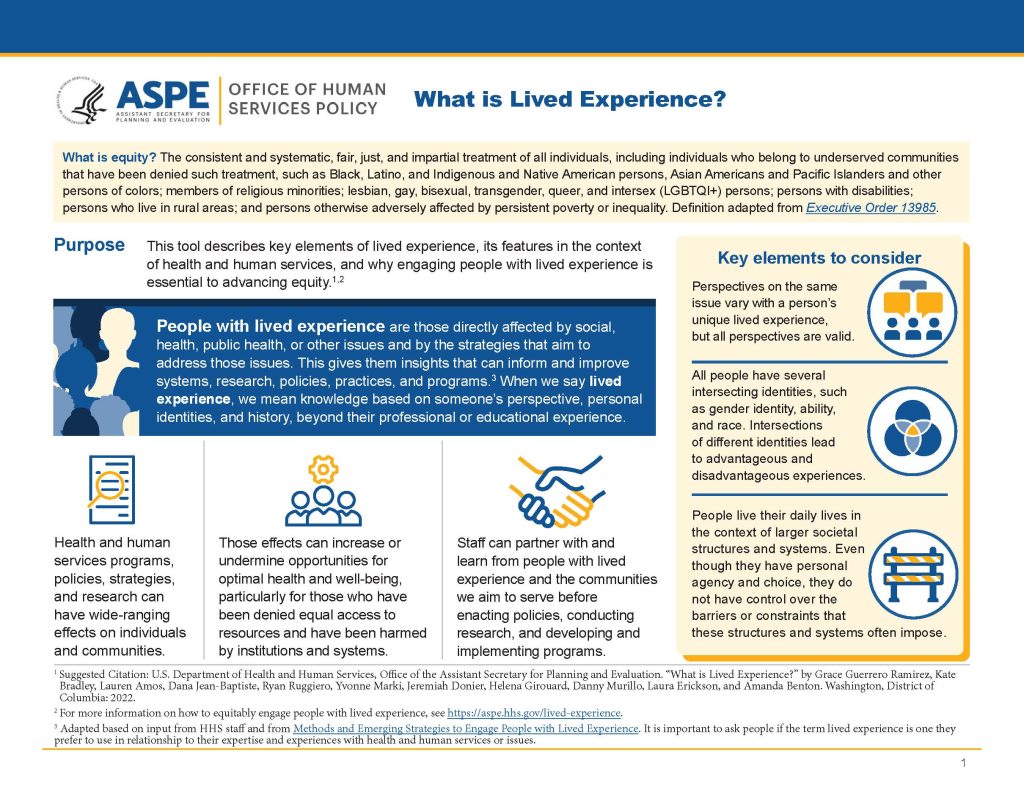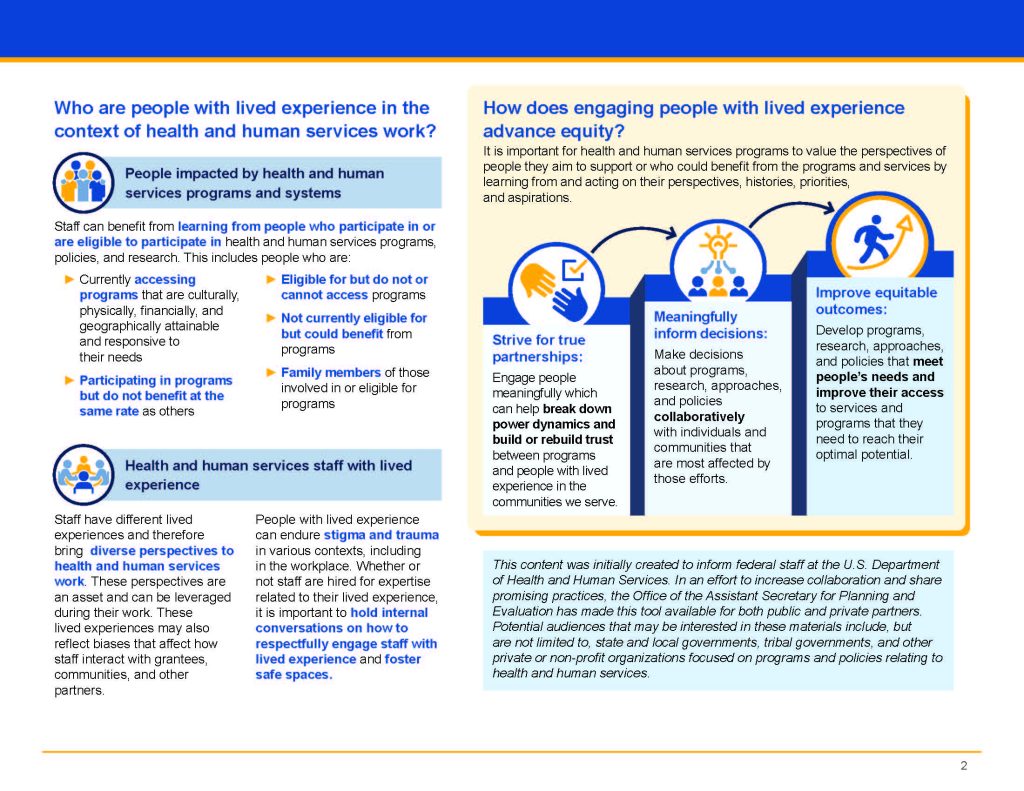NCVA Quarterly Newsletter Issue 6
|
|
|
Understanding Trauma’s Effects On Youth in Schools
|
Family Training Coordinator
|
|
|
| Can you believe summer is almost over? I can’t. It feels as though I was trying to think through how I would fit a summer vacation for my family with high prices for food, gas, and everything else. One of my choices had been downgraded to pulling out the plastic pool from the shed, filling it with water, and just watching my grandchildren and great-grandchildren splash around and call it a day. But I was out a few days ago at Walmart and was met with those three little words parents are so happy to see: “Back to School.” I mean, you would think I wouldn’t have been surprised. After all, it was almost August. As I walked around looking for a few things I wanted to donate from my nonprofit, I began a conversation with a parent looking for some back-to-school bargains. I shared with her that I provide support to families with children who have mental health challenges. She shared with me that about a year ago, her mother passed away, and they had to move to a small 1-bedroom apartment, which was a significant change in their lives. She also stated that after all of that, she began to see some changes in her daughter’s behavior, that her daughter would be going into 3rd grade this year, and that she was lost as to how she should proceed. I explained my daughter similarly began having some behavioral challenges after her father passed away. Although my daughter was eventually diagnosed with bipolar disorder, the trauma of her father’s death is what pushed her illness to the forefront. This conversation reminded me of the importance of understanding the effects of trauma on school-aged children and youth with mental illness.
For this reason, the need to address trauma is increasingly seen as an essential part of effective behavioral health care and an integral part of the healing and recovery process. Families define trauma as an event or experience in which someone felt like their life or the lives of others were in danger, witnessed people being injured or dying, was in a situation in which they did not feel safe or secure, was without necessities-food, shelter transportation clothing, or had no control over what was happening in a traumatic event. It is not the event determining whether something is traumatic but the individual’s experience. The event or experience usually contains three common elements: it was unexpected, the person was unprepared, and there was nothing the person could do to prevent it from happening. trauma results from an event, series of events, or set of circumstances that is experienced by the child as physically or emotionally harmful or threatening.
These are some of the traumatic events youth face:
Being bullied
Parents going through a divorce
Dealing with the death of a loved one
Involvement in a car accident
Coping with a physical health problem
Growing up in a war-torn country, leaving the country you came from, or adjusting to a new country (which often means dealing with immigration and resettlement experiences)
Coping with racism or other forms of prejudice (because of sexual orientation, age, religion, culture, class, etc.)
Having a low income or being homeless
Not having equal access to education, work, and healthcare
Having a history of mental health problems in the family
Being a victim of violence, abuse, or other trauma
These are some behaviors seen in children/youth who are traumatized:
Experiencing a sense of panic that something terrible is about to happen
Having trouble keeping their mind on one thing
Having a hard time relating to and getting along with others
Feeling upset by things that remind you of what happened
Having difficulty sleeping or having nightmares, vivid memories, or flashbacks of the event that make
You feel like it’s happening all over again
Feeling emotionally cut off from others
Feeling numb or losing interest in things they used to care about
Becoming depressed
Thinking that they are always in danger
Feeling anxious, jittery, or irritated
Best practices suggest that agencies and schools need to have a basic understanding of trauma and how It affects families.
These are some of those realizations:
Trauma plays a role in mental and substance use disorders and should be addressed in treatment and recovery settings.
Trauma is not confined to behavioral health but also in other systems (e.g., child welfare, criminal justice, primary health care, peer-run, and community organizations) and is often a barrier to practical outcomes in those systems as well.
It is understanding the importance of using trauma screening and assessment procedures that assist in recognizing trauma.
Recognize how organizational practices may trigger painful memories and retraumatize children and, many times, their parents with trauma histories. For example, they recognize that using restraints on a person who has been sexually abused or placing a child who has been neglected and abandoned in a seclusion room may be retraumatizing and interfere with healing and recovery.
Create an environment where the school, staff, and the people they serve feel physically and psychologically safe; the physical setting is safe, and interpersonal interactions promote a sense of safety.
For more information see source: https://www.nasmhpd.org/sites/default/files/TraumaTIACurriculumTrainersManual_6-2-21.pdf |
|
|
Smoothing the Transition Back to School
|
|
|
| A storm blew through the other night, bringing down enough leaves to cover my driveway, and the school has sent out the school supply list, which means that Autumn is just around the corner. This has been met with a mix of excitement and anxiety in my household. Excitement for a return to regular schedules and friends, fun school activities and celebrations. I have anxiety about whether or not a whole new set of teachers will understand my child’s needs or even read her 504 plan to understand her accommodations, let alone follow them. Anxiety about fitting in, grades and the future sprinkle into overheard conversations with friends and siblings. Starting back to school is an adjustment for every family, but for families with children with special needs, it can be an especially challenging time. We’re all in this together, and there are a few things we have learned over the years to help us to make it a smoother transition.
Start the schedule shift a few weeks early. This proactive step, especially if bedtimes and wake times shifted over the summer, will allow your child’s body to adjust to the school schedule well before the start of school, giving you a sense of control over the transition.
Ensure that all medical and medication administration forms are filled out before the start of school. (It often takes a few days to complete paperwork at the doctor’s office, so get started before school starts to get sports physicals and medication administration forms completed).
Schedule a time to review your child’s IEP/504 plan at the beginning of the year to ensure it is accurate and provides adequate support. (don’t try to schedule this meeting in the first week of school, as this is a time when school personnel are busy with other things and are less likely to be available)
Have a list of the accommodations to share with each teacher. (If appropriate, share with your child how to advocate with the teacher to get accommodation needs met.) My child has a picture of her accommodations on her phone so she can remember what she can access and help remind her teachers or share it with a substitute.
Allow your child to express any worries or anxieties about starting school and help them find solutions.
Help your child know how you expect them to behave in school. (For example, if they experience peer pressure, bullying, or make a mistake, how do you want them to handle that?)
Meet the new teachers and learn as much information as possible before the first day of school so that everyone knows what to expect.
Remember that the first week (sometimes a month) of school is an adjustment for everyone so that everyone may need extra grace.
Remember, you are not alone in your joy, your pain, or your fear around the transition back to school. There are resources out there to support your family’s needs. If you have questions about how to access educational resources for your child with special needs, know that help is just a click away. Follow this link https://www.ecac-parentcenter.org/all-resource-materials for more information. |
 |
Thriving After the Final School Bell:
|
Ensuring High-Needs Youth Have Access to Afterschool Activities
|
Kyle Reece & Chandrika Brown
|
Youth Training Coordinator & Collaboration Coordinator
|
|
|
| As the new school year approaches, we must support the youth we serve in transitioning smoothly. For many, connecting to afterschool activities can enhance their school experience. This might include sports, leisure activities, academic clubs, youth organizations, and school-sponsored programs. However, youth with emotional or behavioral health needs face unique challenges in accessing these opportunities. For instance, those in out-of-home placements like foster care or residential living might lack access due to placement restrictions. Despite increased awareness of mental health, stigmas persist for high-needs youth seeking to participate in these programs.
Recognizing the benefits of these activities, especially for those with mental or behavioral health challenges, it is crucial to advocate for their inclusion and make participation accessible.
For youth like Jhase Jeffries, involvement in Vocational Rehab (VR) was transformative, providing him with vocational tools that helped him complete high school and prepare for college. Programs like VR offer real-life work skills and paid opportunities, which are invaluable for youth facing similar challenges. However, balancing school and these programs can be challenging, especially for those with additional support needs. Jhase benefited from peer mentoring and support programs like RENEW and Youth MOVE, which helped him manage work-life balance and provided support from individuals with similar experiences.
I spent ten months in a therapeutic foster home 50 miles from my original home, adjusting to a new school environment while managing high levels of anxiety and high-functioning autism. Participating in the National Honor Society, Quiz Bowl club, and tutoring provided me daily respite from a troubled home situation. Despite the toll on my mental health, support from Special Ed teachers was crucial. Their encouragement and assistance with accommodations helped me succeed in these programs and navigate the challenges of being a high-needs youth.
We have made progress in reducing the stigma surrounding high-needs youth and their participation in programs, but continued support is essential to ensure they feel welcomed and supported.
For youth like Jhase and me, involvement in these programs can be intimidating without assurance that our needs will be met. Having supportive advocates like Chandrika Brown is crucial. As the Collaboration Coordinator for NC Voices Amplified, Chandrika helped Jhase get accommodations and feel supported in his afterschool activities. Her efforts ensured that Jhase felt included and received the necessary support in the classroom and after school.
Youth Peer Support Partners can provide similar accommodations and support. It is vital to keep accommodation plans up-to-date and ensure youth can manage schoolwork, afterschool life, and their mental and behavioral health needs. Ensuring access to these programs is essential for youth in out-of-home care and residential placements. Creative solutions and collaboration with schools can help overcome transportation and access challenges.
As the school year approaches, it’s the perfect time to discuss potential activities with our youth. In North Carolina, there are numerous afterschool opportunities. Chandrika Brown highlights several options, including Parks and Recreation programs, Salvation Army Boys & Girls Clubs, private childcare centers, local school district programs, YMCA/YWCA, North Carolina 4-H programs, and church programs. Many accept Childcare Vouchers, offer scholarships, or have income-based fees. Here are some helpful resources:
The online resource for searching for afterschool programs is www.ncafterschool.org (NC Center for Afterschool Programs).
raleighnc.gov(Community After School Program (CAPS) free recreation program)
orangecountyfirst.com(Orange County Schools Afterschool Program)
https://www.trilliumhealthresources.org/members-recipients/intellectualdevelopmental-disabilities-idd/after-school-programs (Afterschool programs for high-needs youth in the Trillium catchment area)
fun4raleighkids.com (Find things to do with kids on this site! Activities for kids and families, youth sports, seasonal events, ongoing programs, and summer camps.)
ncchildcare.ncdhhs.gov (A parent resource to finding licensed childcare programs that offer afterschool programs)
care.com(After school programs in Davidson, NC)
cmsk12.org(Charlotte-Mecklenburg Schools)
burlingtonnc.gov(Afterschool & Rec Day Programs)
harnett.org(Afterschool programs offered in the area)
charlotteparent.com(provide information on programs in the area)
greensboro-nc.gov(Affordable Afterschool programs)
jacksonvillenc.gov(Before & Afterschool Programs)
For youth 14 and older with identified disabilities, Vocational Rehabilitation can be a valuable resource for educational and job resources. Reach out to the VR office in your area.
Please let us know how we can assist you and the youth you serve in accessing afterschool opportunities and getting the support they need to thrive in these programs! |
|
|
An Open to College Students with Mental Health Challenges
|
Communication and Outreach Coordinator
|
|
|
| Dear Students,
As a college graduate who navigated the complex journey of higher education while managing mental health challenges, I want to first commend your strength and courage. I’ve been where you are. Like many of you, I faced my own set of obstacles throughout my college years. I understand that the path you are walking can be incredibly challenging, and I hope my experiences and reflections can offer comfort and guidance.
Secondly, I want to acknowledge that what you are going through is valid. College can be a time of tremendous pressure, both academically and personally. Oftentimes it can feel as though no one understands. For those of us who have experienced mental health struggles, this pressure can often feel overwhelming. Please know that you are not alone in this, and your feelings are completely valid.
During my time in college, I learned the importance of reaching out for help. It’s okay to ask for support, whether it’s from friends, family, or campus resources. My only regret in seeking help was that I didn’t do it sooner. Don’t hesitate to utilize the counseling services and mental health resources available to you. Seeking help is a sign of strength, not weakness. These resources are there for a reason: to support you in your journey.
Later in my college career, I discovered the importance of incorporating self-care into my daily routine which made a significant difference in managing my mental health. Whether it was journaling, practicing gratitude, or simply ensuring I got enough sleep, these small acts of self-care helped me stay grounded and focused. Find what works for you and make it a priority. Remember, self-care is not a luxury but a necessity.
Balancing academic demands with personal well-being is challenging, but it’s crucial to remember that your health comes first. Don’t be afraid to communicate with your professors about your needs and explore academic accommodations if necessary. Prioritizing your mental health can make a big difference in your overall academic performance and college success.
Just like you your mental health journey is unique. Learn to embrace it with all its ups and downs. Looking back, I can see how much my college career changed when I began to embrace my mental health journey. I went from hiding to providing hope for others, as I worked as a youth peer support while finishing my final semester. Don’t compare your progress to others and be gentle with yourself. We are all on different journeys and we only see glimpses of the paths of those around us. Growth and healing take time, and every step forward is a cause for celebration!
As you continue your academic journey, I want to encourage you to persevere and believe in your own strength. There will be difficult days, but there will also be moments of triumph and joy. Embrace both and remember that you have the resilience to push through.
I’m rooting for each and every one of you. You are capable, valued, and deserving of all the support and care you need. Head back to school knowing what you face is difficult, but doable. Head back with a fierce determination to succeed in the classroom and care for yourself like never before. Head back with your head held high. Head back with hope!
Sincerely,
Kara Lynch |
Upcoming Training Opportunities
|
|
|
Manage your preferences | Opt Out using TrueRemove™
Got this as a forward? Sign up to receive our future emails.
View this email [[% webview_private url_only=”true” %]]online. |
| 1400 Spring Garden St. | Greensboro, NC 27402 US |
|
|
This email was sent to [% member:email %].
To continue receiving our emails, add us to your address book. |
|
|
|


